Every year or even more often, scientists surprise us with news related to the upcoming worldwide disaster that awaits us. We all have heard numerous predictions about the beginning of the worldwide war, huge natural disasters that will ruin our whole planet, global crises that will increase poverty to the highest level, etc. And the huge number of these forecasts are fake, while others have no proof to this day. However, for instance, when one such day comes, there are so many things and processes that need to be set for critical situations in advance. And one of the core things is communication and a possible channel to connect with people far away from you.
In this article, we are going to take a closer look at how you can arrange smooth and consistent communication under any circumstances and situations that one day may occur to you and the entire world.
How to set the right communication flow
Now, let’s imagine the situation when the emergency day has come, the reason can be different, and it is not so obvious at the moment. Probably, you will have no electricity, connection with other people, and no precise action plans. Thus, you need to be ready for such extreme situations and prepare communication ways and action plans in advance, considering every tiny detail. Here below, we want to share an example of building a plan for communication with your close ones in cases of emergency that cannot be accurately predicted:
- don’t start by inventing complex communication channels, start with simple ones like social media, and messenger applications you commonly use in your everyday life, for instance, WhatsApp is supposed to be the most secure messenger;
- you should also predict the loss of internet connection and discuss additional communication channels using cellular connection instead, it can be a call or a certain message with the particular users;
- if the previous two methods to connect your close ones don’t work in an emergency, you should think of adjusting the radio to a certain wave that will be available for your family as well. You can send the message to let them know what destination you are going to move so that all of you could meet.
Further, we will talk about the effective communication methods that you and other preppers can use under any circumstances. Beforehand, we want to emphasize that all of these communication channels are quite easy to arrange and all of them are affordable and available to purchase and then use in different locations, cities, and countries.
Communication methods in emergency cases for preppers
To provide smooth communication between you and other preppers during the emergency, they need to prepare certain devices that will connect them with each other in any situation—starting from the internet connection to a Morse code machine. We collected the affordable and efficient communication channels that you can use.
Satellite phones
Satellite phones will work under any circumstances when you lose the internet and cellular connectivity. No matter what the scalability of a disaster will be, satellite phones will reach other people at any distance and area. With the development of technologies, satellite phones now have more advanced functions. So along with calling which can be intermittent, you also can send text messages via phone or email under the condition that receivers also have the same satellite phones. Surely, you will have no possibility to get a satellite phone when the emergency has come, and you and other survivalists need to buy and keep these devices in your homes in advance. Such devices are not costly, so everyone can afford to buy at least one per house.
Follow social media
These days, social media have become something more than entertaining, sharing photos, and following celebrities. Now social networks are full-fledged communication channels where credible TV channels, newspapers, and radios regularly post the latest news and duplicate all content they show on TV or produce on the radio to reach a wider audience. Surely, if something terrible happens, all social media will alert their listeners about it as soon as possible. So, social media becomes an additional method of communication for you when the emergency comes. For example, you can connect with other preppers all around and type the destination and time when all of you should meet the further actions. If other people you want to reach don’t have an opportunity to read and answer your message, you need to agree to a social media channel that all of them will have to follow. Commonly, such communication media inform people about safe places where they can go and stay for a while.
Morse code
Morse code is a universal communication channel in various spheres and also emergency cases. However, this communication method is a bit complicated in our modern world. There are several ways you can use Morse code in an emergency. The first one is the lighting. By turning on and turning off the flashlight according to the Morse code, preppers can find each other, if all of them are in the same sight. The second variant is to send Morse code to a special machine that receives messages, but you and other people need to have this machine to send and receive messages. Certainly, to make all messages clear, everybody needs to learn the Morse code and know how to decode each message correctly.
CB radio station
CB radio is a public radio station that has more than 40 different channels to reach different audiences. This type of radio was widely used before cellular connection appeared. It helps connect with other people from different points of a country. All you need to have is a CB radio unit and an antenna to catch the needed channel. How to know what channel suits you? As a public station, CB radio entails certain usage rules. There is a list of radio channels that are available for all people where they can announce their messages to other people from prepper communities, for example. Also, CB radio is a great assistant for the government to make people alert about the disaster that is coming.
Voice over Internet Protocol
Voice over Internet Protocol (VoIP) is a technological method that allows you to reach people that are far away from you with no special devices, but you still need to have a strong internet connection. Here is how it works. VoIP converts the calls you cannot receive without the internet into digital signals. Due to custom writing reviews best essays, such a communication method is considered to be of high security and the conversations are encrypted and are widely used in many companies for internal communication. Unfortunately, this communication method does not suit people who have lost their internet connection.
Cellular phones
As the writing service Trust My Paper writes, cellular phones are a good communication channel. Probably, the cellular connection will not work under all possible circumstances, but cellular phones can work with no electricity and can reach other preppers in any location where the connectivity is available. Surely, there is a huge risk of decreasing the effectiveness of these communication channels if lots of people start using cellular connections in the same area and at the same time. A small tip—the probability of connecting with your friends, family, or other preppers you know can increase if you find a higher place like a slope or a rock where you can quickly climb. However, cell phones need to be recharged, and the frequency depends on the model of the phone you and the people you want to reach have. So, it is essential to prepare additional devices to ensure the stable work of your cell phone, particularly:
- buy and charge several high productive power banks or get additional batteries for cell phones to replace them in case of need;
- supply your home with portable electric generators to recharge your phones;
- instead of electric generators, you can also buy solar rechargers;
- ensure your car also has a recharger for cell phones.
To conclude
The key to success in communication in emergency cases is being prepared in advance, which is peculiar to preppers. Foremost, you and other preppers you chat with need to write a precise plan of action and define the communication channels you will use in different urgent situations. This approach will help you connect and find each other quickly, which also can save your lives. The variety of communication methods, besides the internet, is wider than you think, and it is better to prepare several of them to be ready so that one or two of them can fail. We never know what is going to happen next—pandemic, war, hurricane, and so on. But we definitely need to be prepared for different situations, and preppers long understood this.

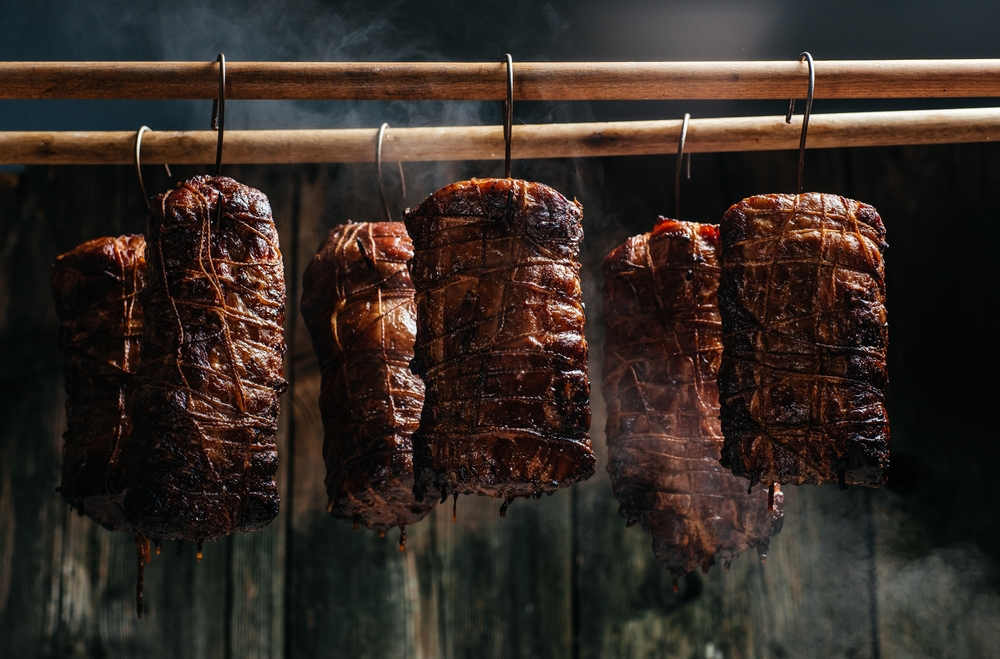
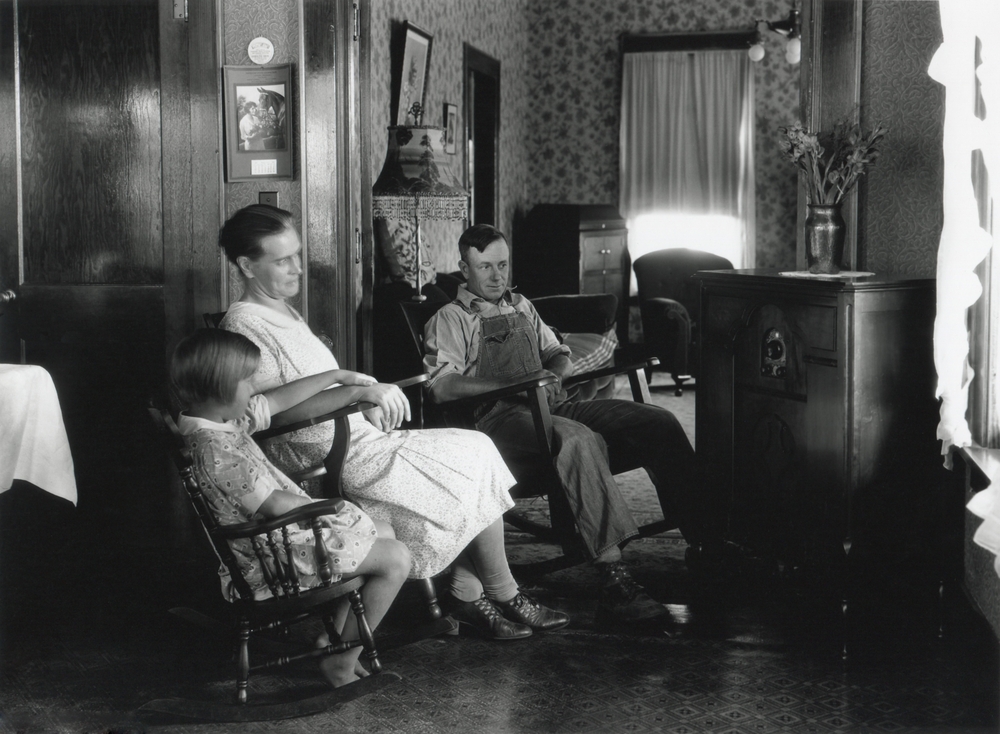
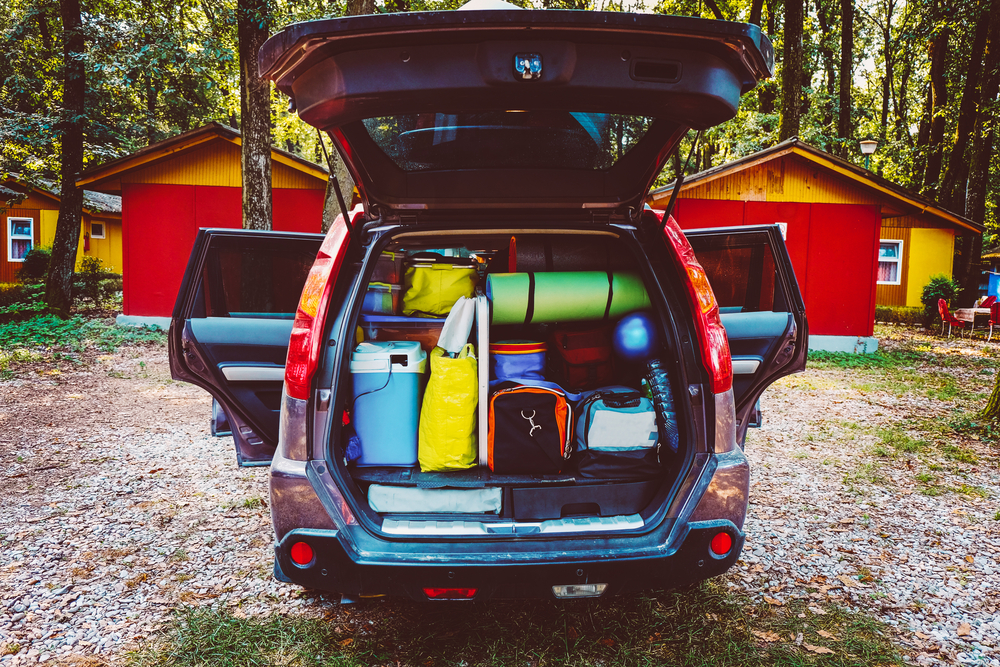


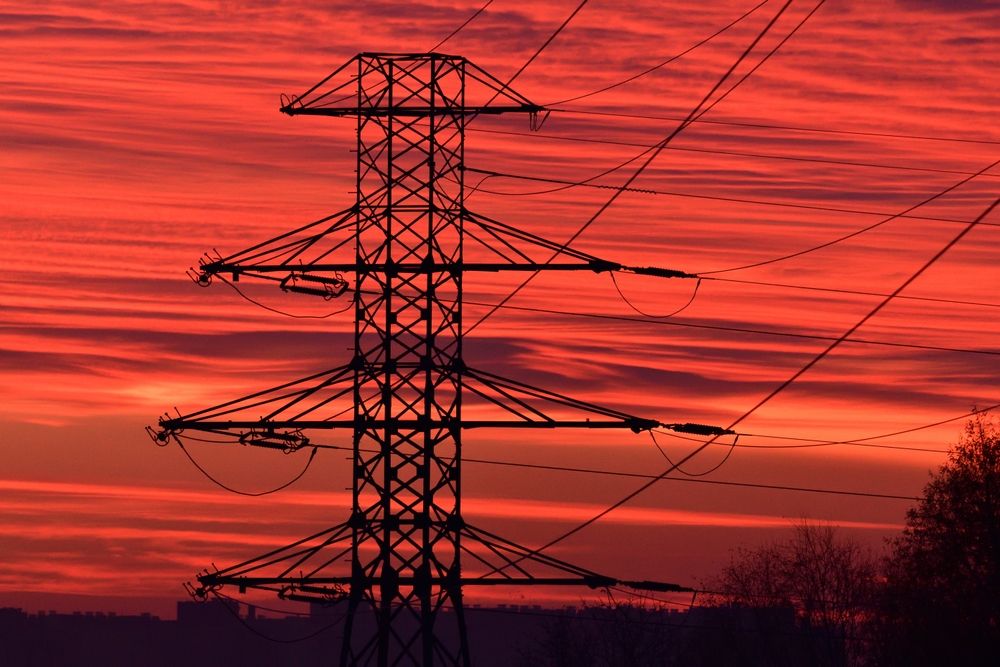
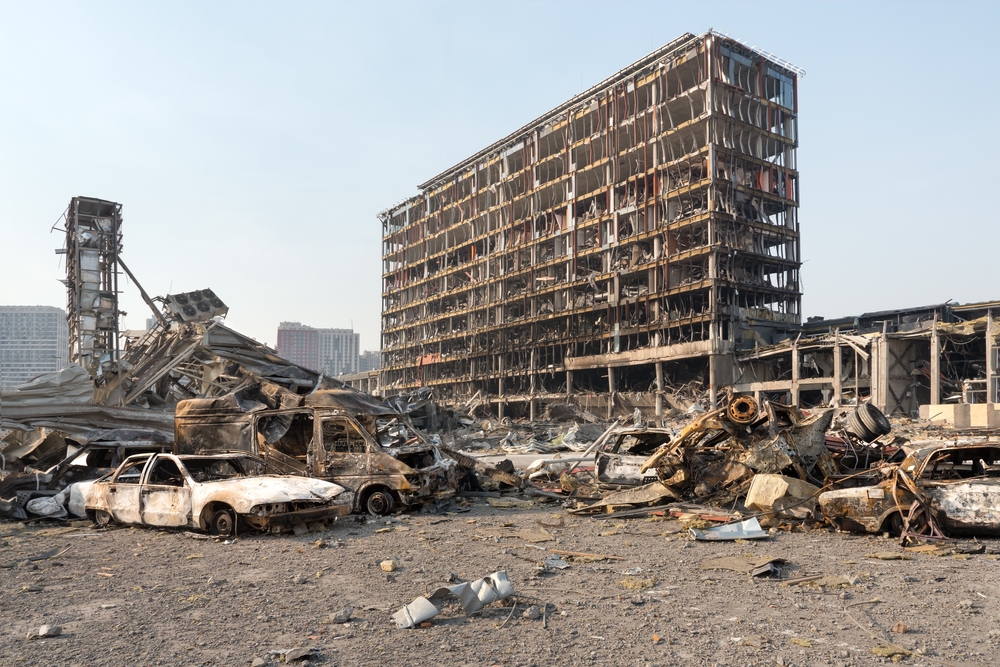

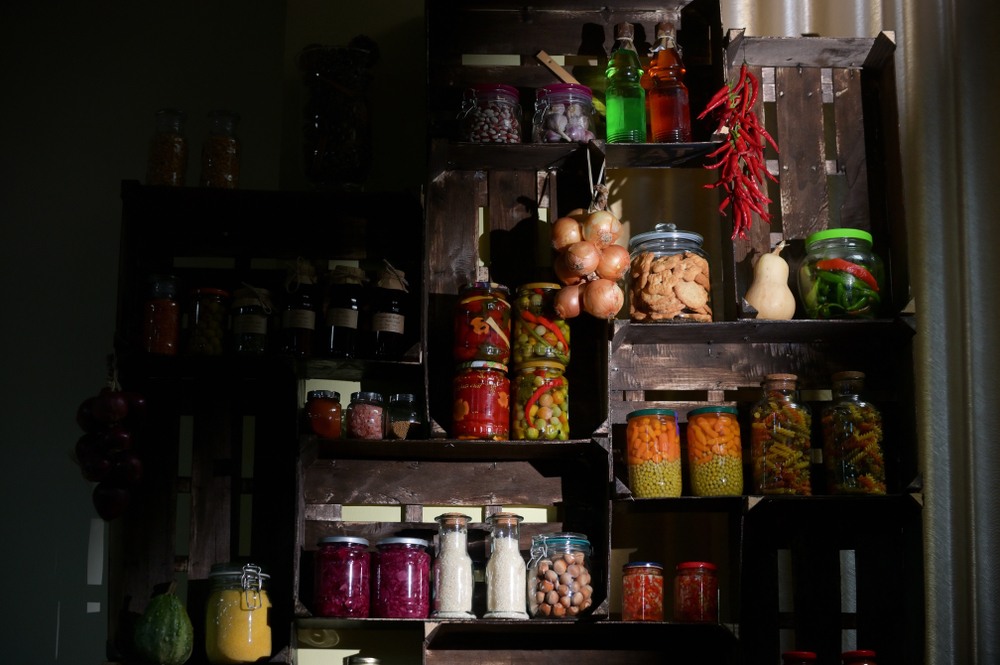










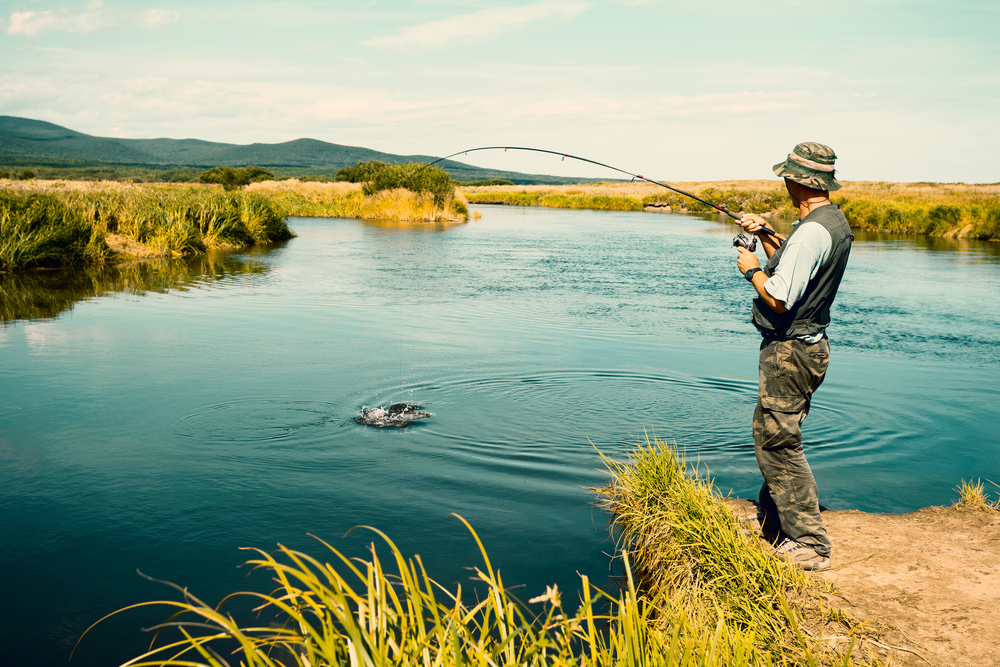


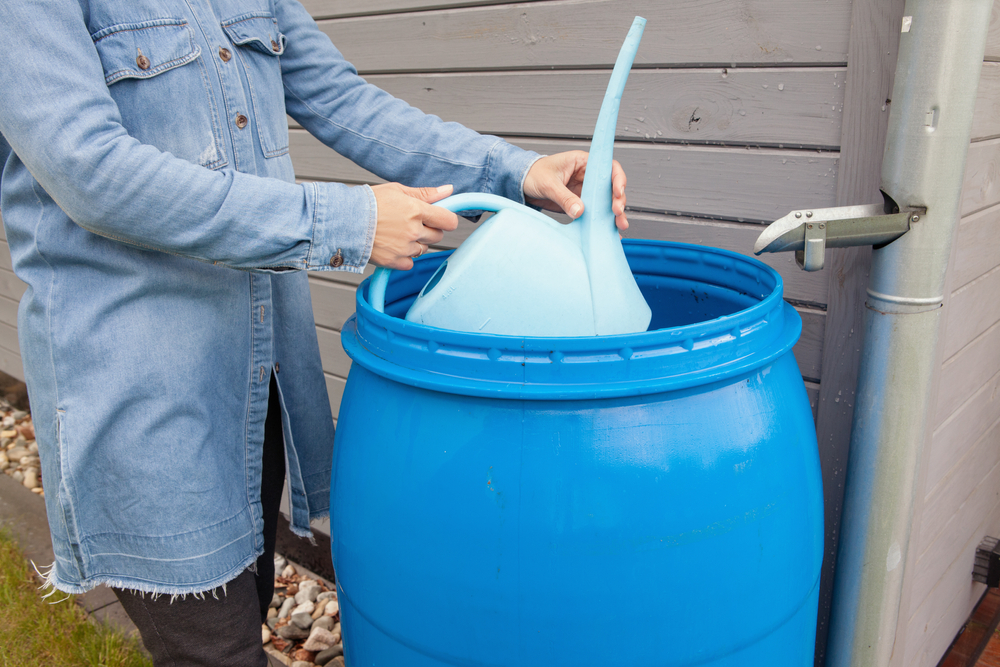
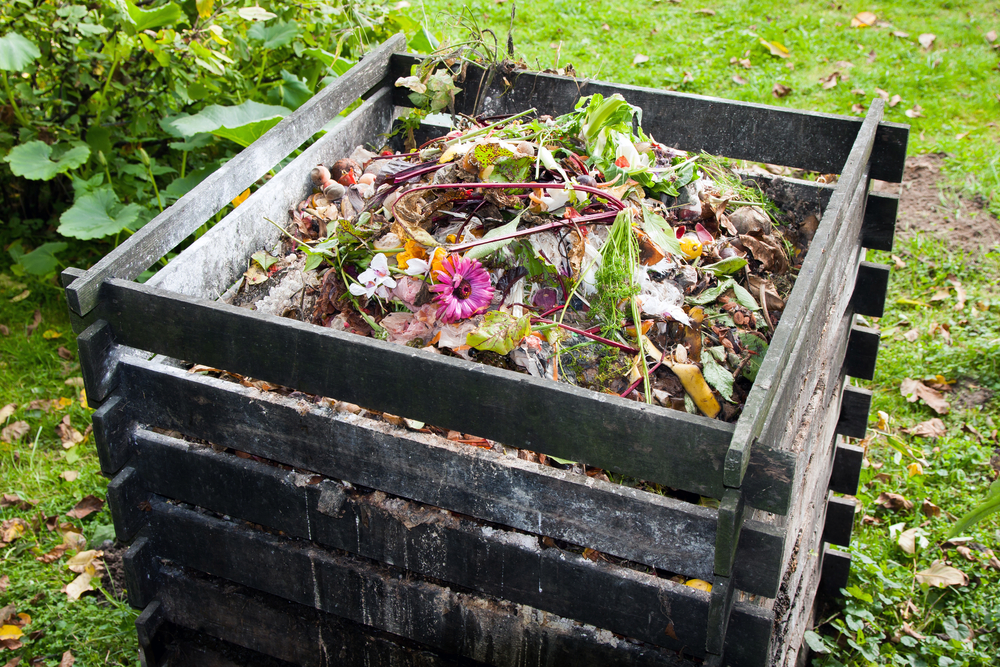
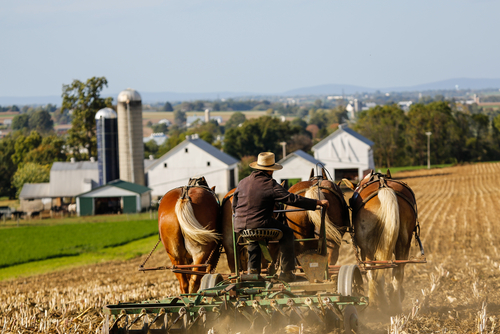
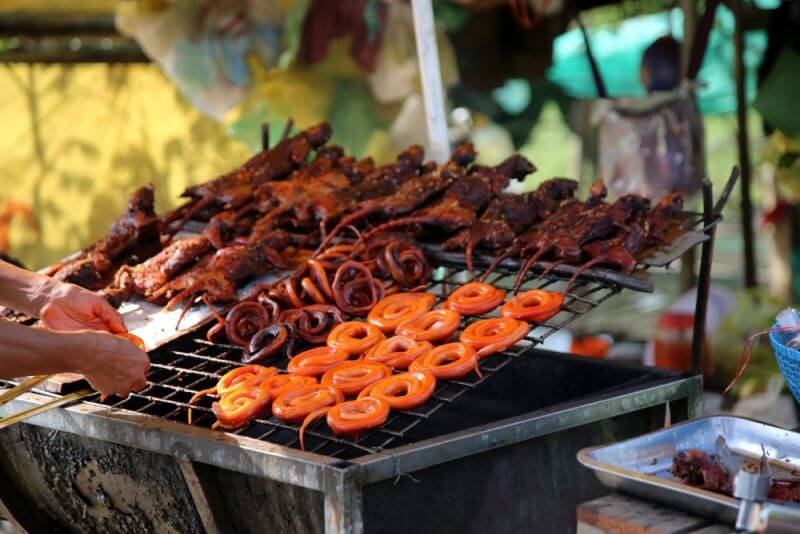

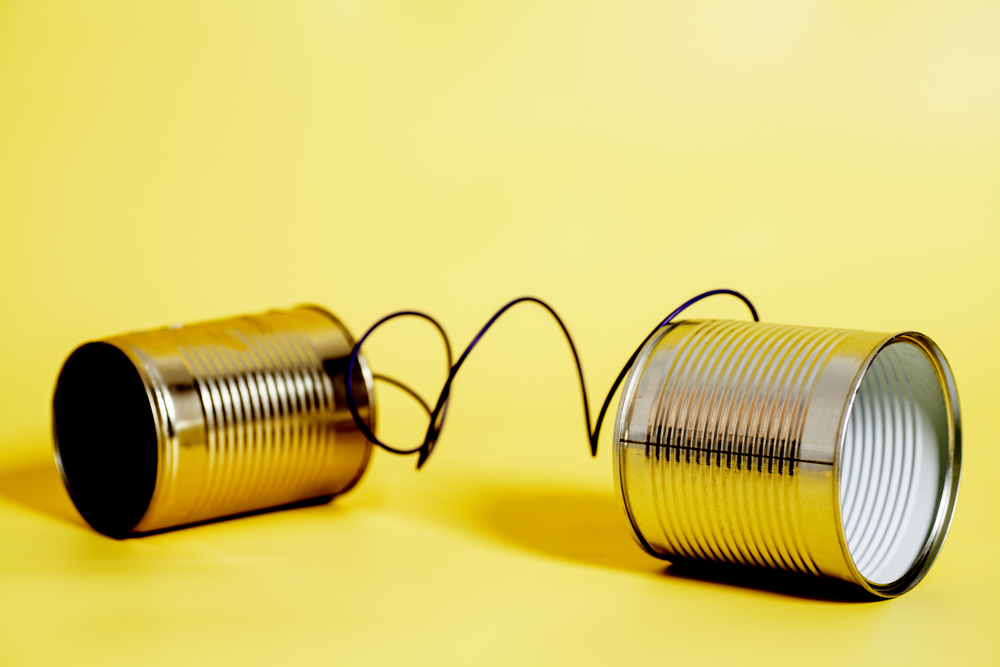


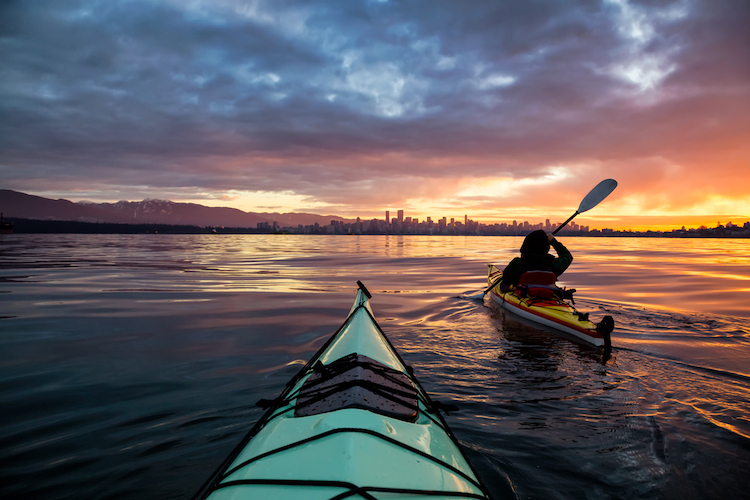









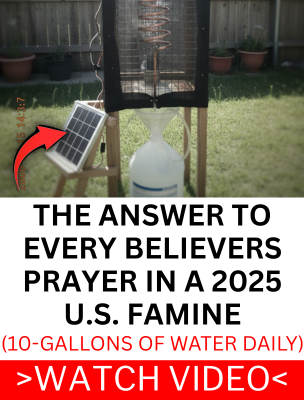
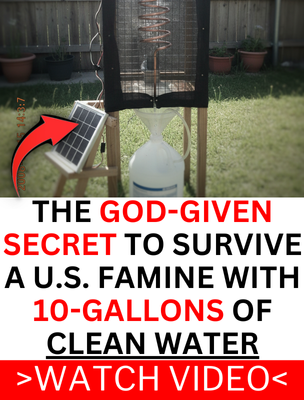


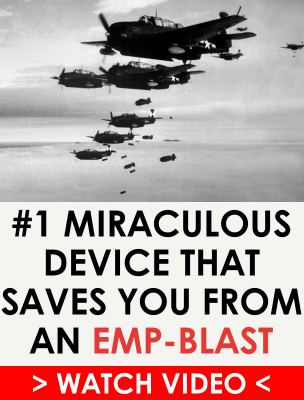

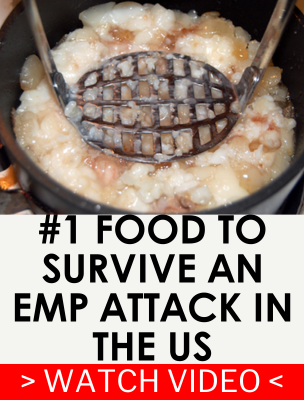
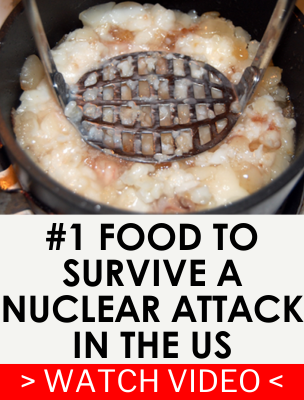

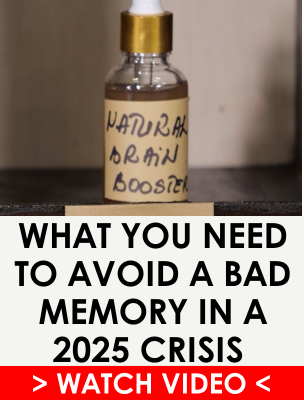
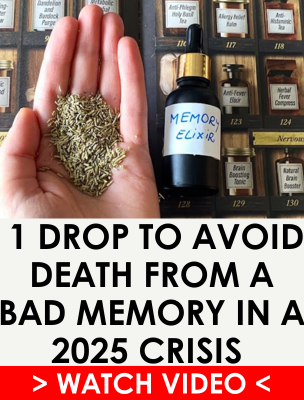




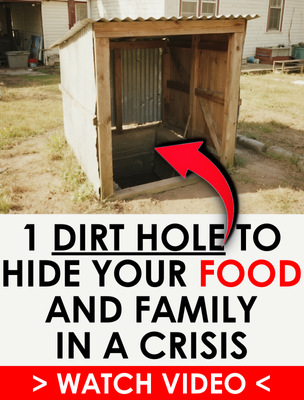
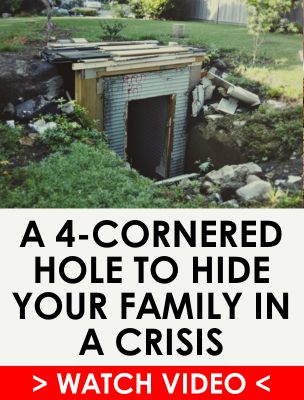
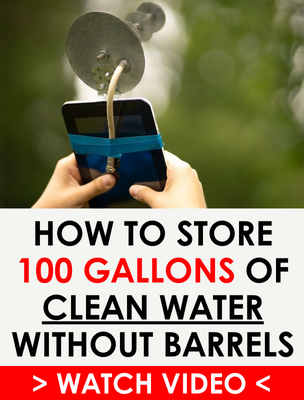
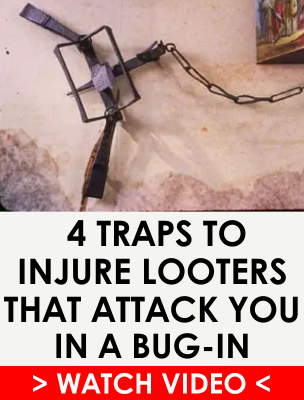
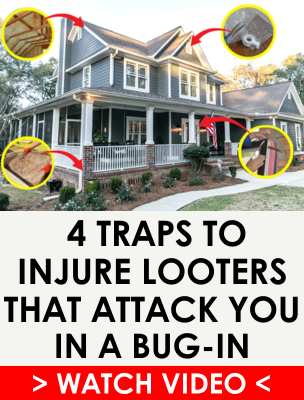







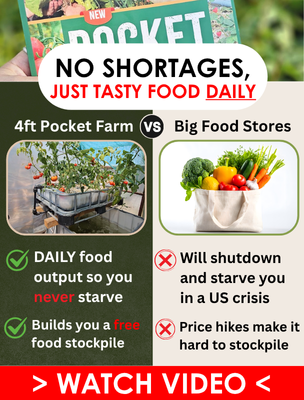


An option with cellphones you might want to look into is mesh networks. There are various apps that can link phones directly, without a cell tower. They are quite popular in some countries where cell service is poor. The phones connect through Bluetooth etc, so have a more limited range like a walkie talkie, but I believe that some apps can piggyback messages through other people’s phones (or strategically placed spare phones) to send messages further. It is mainly a small local option, but could be great for households/neighbours
There is a lot more options that were not in this article.
MURS , FRS, GMRS, and for the most Reliable for local or worldwide communications Amateur radio (HAM) to name a few.
Ham radios? GMRD radios? FRS radios? Walkie Talkies? Morse Code using mirrors and high intensity flashlights.
I’m not an expert by a long shot, but I’m sorry, but all of the items in this article will be gone when the SHTF.
Please do a real article on survival communications.
Correction…GMRS, not GMRD